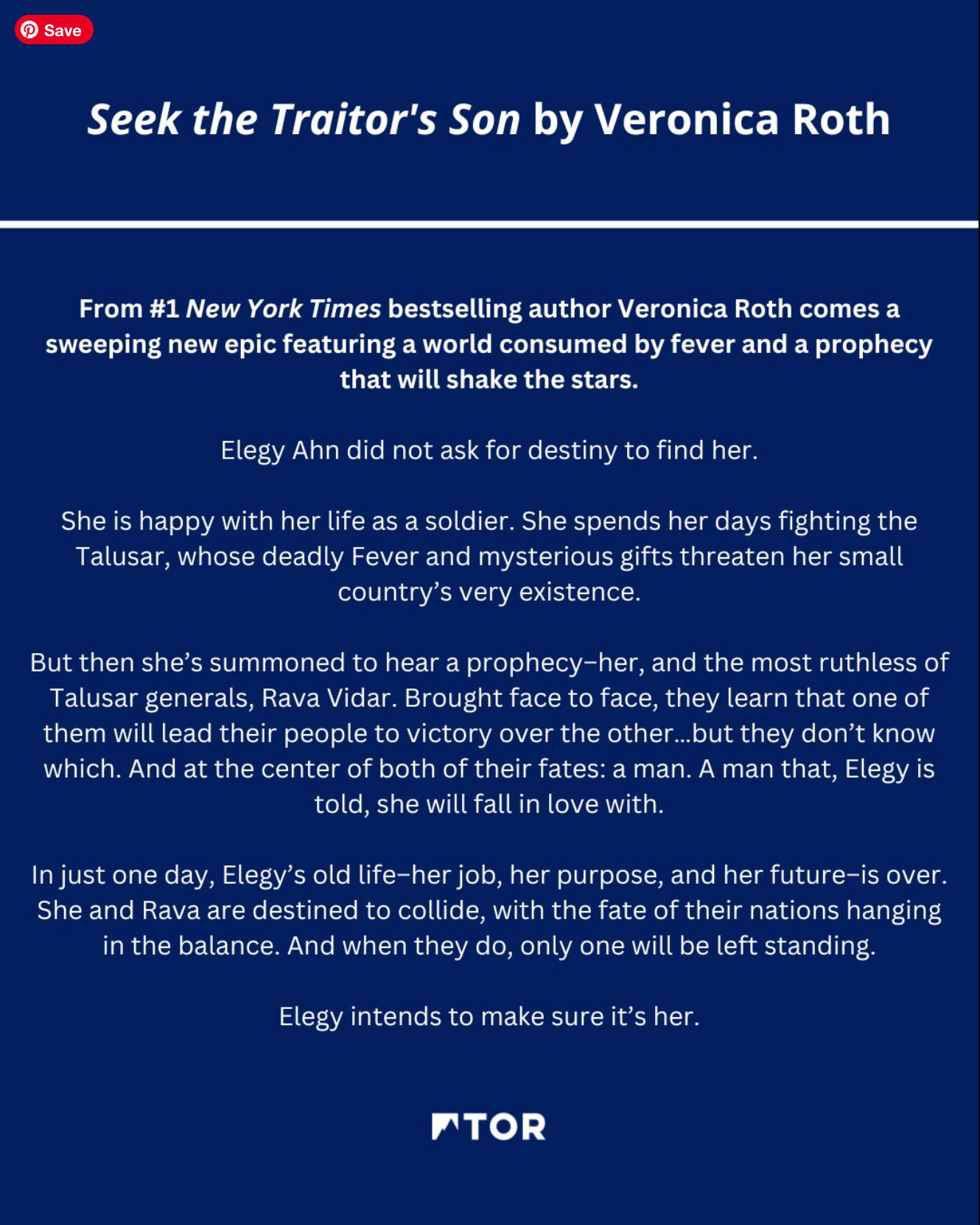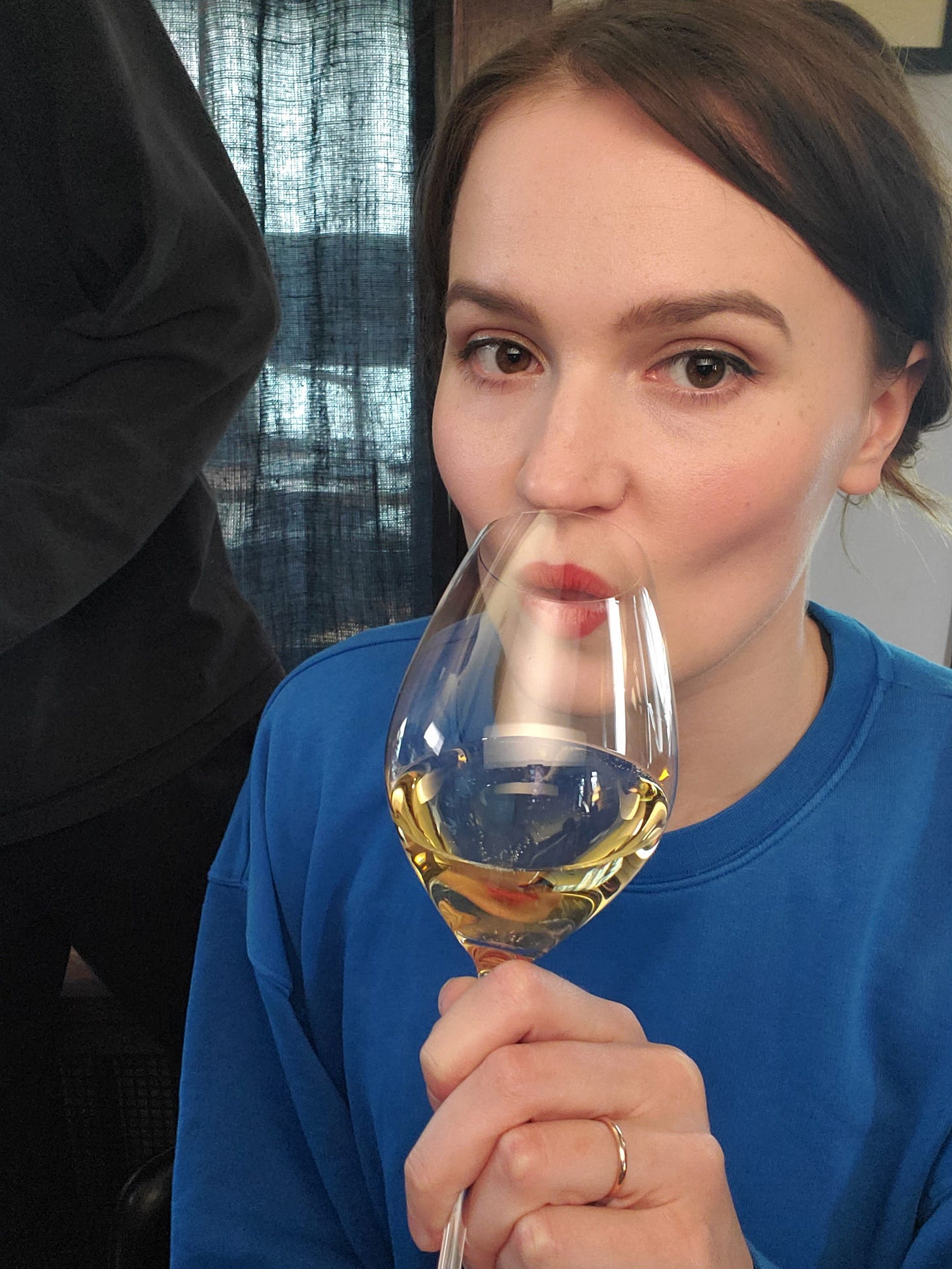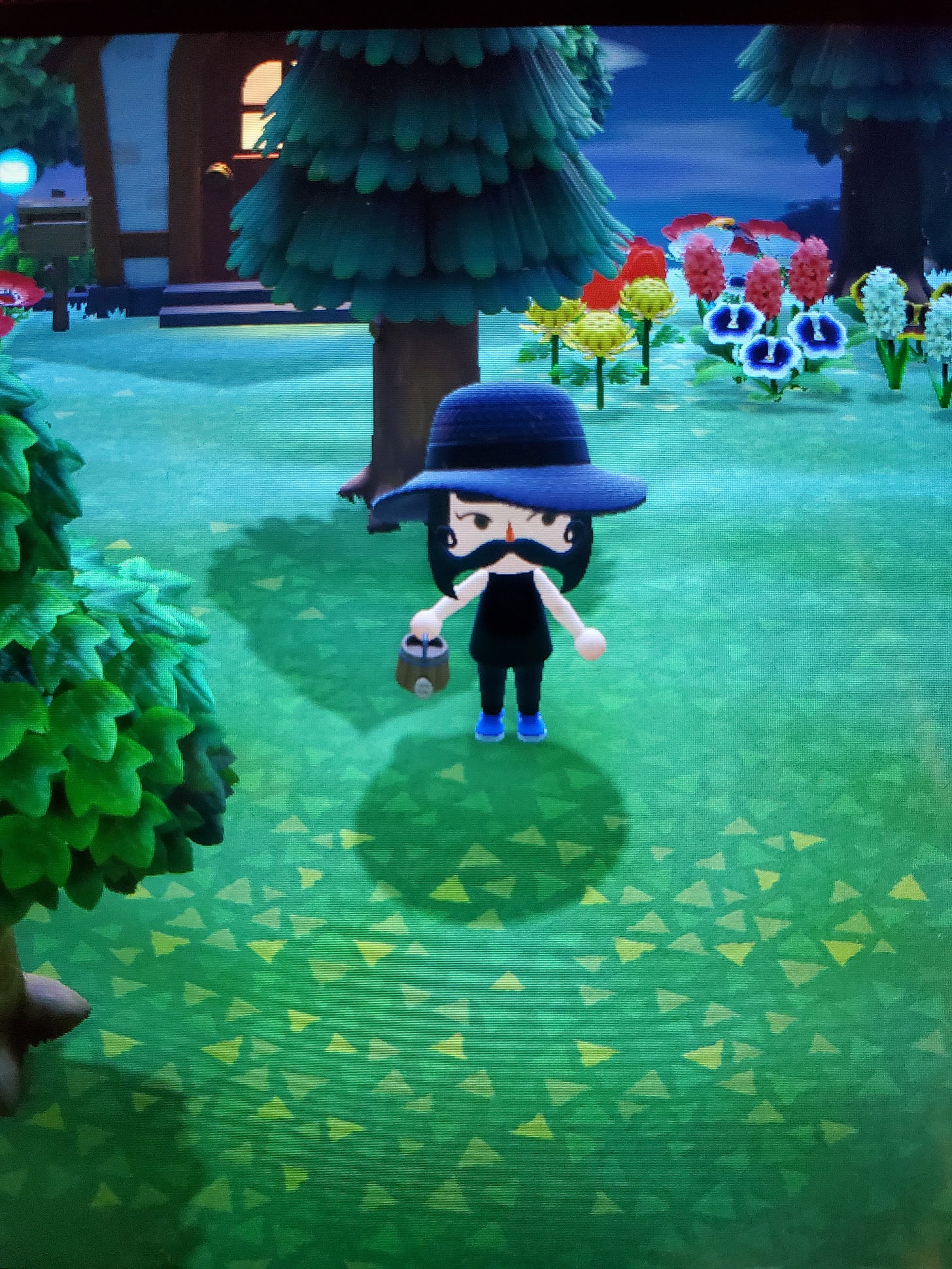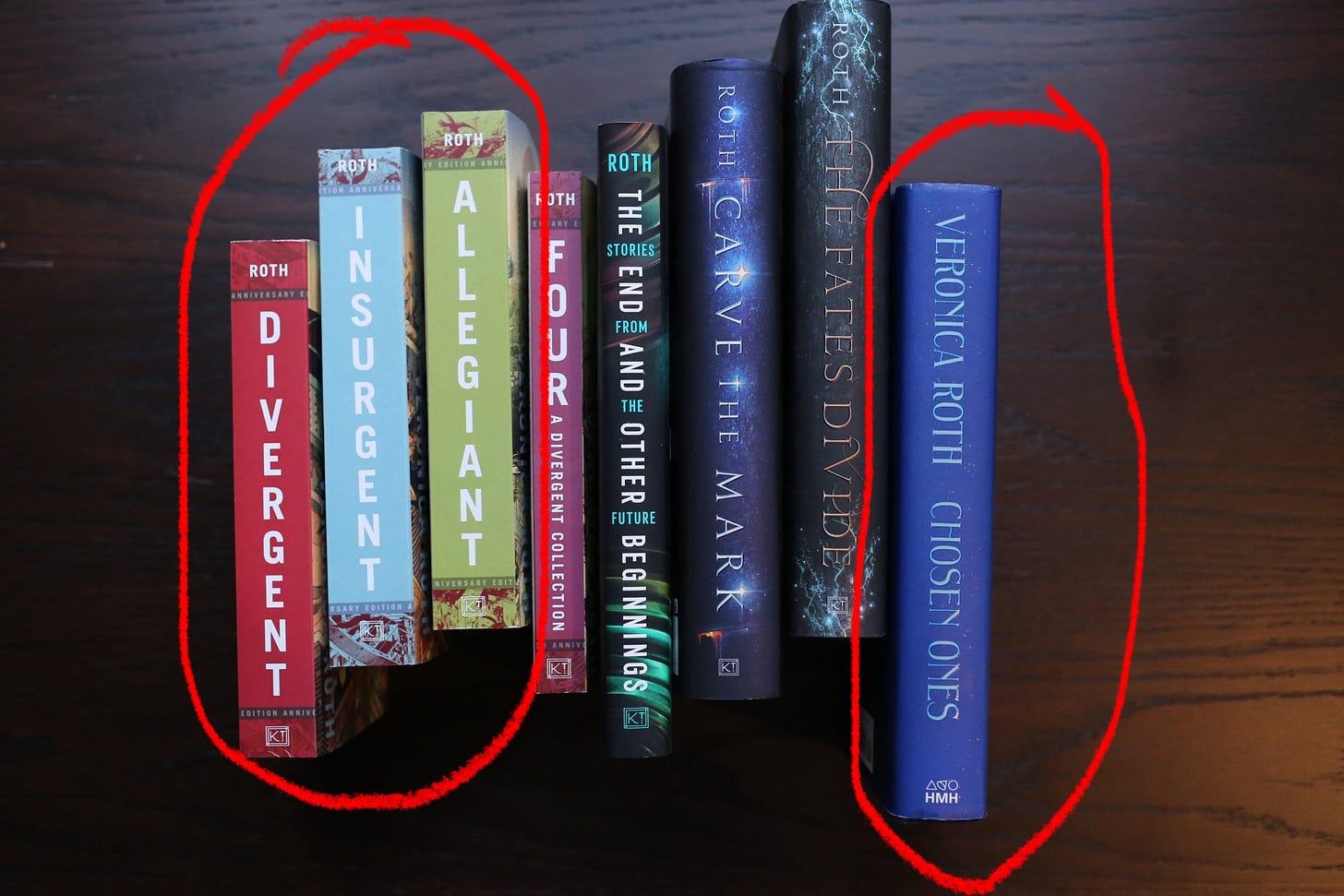New! Series! Alert!
Or: books of my mind/books of my gut
Hello!
First:
NEW BOOK OUT IN MAY.
Like a whole, full-length book! That starts a short series!
This announcement has been a long time coming. I sold SEEK THE TRAITOR’S SON almost exactly two years ago, and I started writing it in September 2019. So when I say I’ve been sitting on this for a long time, I really mean it.
I’d really love to tell you the behind-the-scenes story of this book, because I’d also like to talk about books of the heart, books of the mind, and books of the gut, as I think of them— but basically, about how some books feel different from others when you’re writing them. It’s going to be a bit longer, so if all you want to know is the quick rundown of this particular book announcement, read the above ^ but also, this is my quick pitch:
SEEK THE TRAITOR’S SON is a big romantic kinda-dystopian kinda-fantasy story about the daughter of a bounty hunter, the knight sworn to protect her, and the prophecy that ruins both of their lives. It comes out in May 2026!
And now, to dive in.
You hear writers talk about “the book of my heart” sometimes; they mean a book that’s dear to them in some special way. That has always sounded lovely to me, but the phrase has never resonated. It feels at odd with my general ruthlessness. I maintain a little more distance from my writing; I will straight up cut 100 pages without batting an eye. (I know! I’ve seen me do it!)
But I think the phrase “book of my heart” expresses something important, which is that not every book feels the same way while you’re writing it. So here goes.
BOOKS OF THE MIND
Even though I started it in 2019, the story of SEEK THE TRAITOR’S SON is very 2020. My adult debut, CHOSEN ONES, came out April 2020, the second week of lockdown, and listen: that’s not the environment any author wants for a book release. I was constantly refreshing that scary map of Covid spread and then putting on my lipstick for online events, what the actual fuck. It kind of broke my brain, which is why I nixed my plans for a Chosen Ones sequel (not necessary; the book stands on its own) and wrote Poster Girl instead. And Poster Girl reflects the solemn feeling that had settled over me during that time.
Chosen Ones and Poster Girl are books of the mind. I don’t want you to think that means I didn’t love them. What it means is that what got me excited about them was their ideas. I knew what they would explore (alternate history, for Chosen Ones, and deprogramming/indoctrination, for Poster Girl) and what shape they would take. I put their outlines together like I was putting together puzzles. Poster Girl, in particular, came to me clear and crisp. I’ve never had that kind of clarity while writing before.
But while writing this duo of standalones, I found it difficult to write a lot in one sitting. I’d also write two paragraphs and delete one, write two and delete one. This may sound very typical to some of you, but it was not typical for me— in general, I write fast and I write many drafts to find my way through a story. This lurching pace was really unsettling to me.
When I reread sections of those books now, hot damn, I am so pleased with how they turned out. I’m proud of me for rising to the challenge of both of them. I assume that throughout my life, I will write certain books this way, books of the mind. But not all of them. Because for me, there’s another kind of book, and I just can’t call them “books of the heart,” because that feels too tender for what they are to me. Instead, I call them…
BOOKS OF THE GUT
While I was writing Chosen Ones and Poster Girl, I was also cheating on them with another project, nicknamed “A&A.”
A&A started with me rediscovering a snippet of a discarded project, and rewriting it with new characters and a new world that I invented by feeling my way around in the dark. In November 2019, I was done with the Chosen Ones manuscript and starting to do very early promotion for it. I remember coming back from a visit to my publisher to an empty house, my husband on his own trip. I started writing and I didn’t stop for six hours. No eating, no drinking, no sleeping. Full-on fugue state.
I had no plans and no ambitions for this project. I was looking at it with the cynicism of the industry at my back, looking at it like it was silly because it was romantic and indulgent and full of wish fulfillment. But whenever I was between drafts, between events, between whatever, I would get it out again, and usually I would start over.
Yes, really: I would start over from the beginning over and over again, with some change, big or small, that I wanted to experiment with. I’d write in a new POV (first person? third person?) or create a new love interest (a woman? a man?) or play with genre (science fiction? fantasy? somewhere in between?). I’d make the main character harder or softer, soft-spoken or bitter. Once I even tried to write it as YA (that did NOT work).
These early drafts (all of them written in the same Scrivener file) amount to 429,214 words. For those of you who don’t think in words, that’s about four Divergents.
Eventually I told some writer friends about this project that kept stealing my focus. But I made sure to emphasize that it was just a silly project I worked on to let off steam while I was writing this difficult-but-rewarding, moody book of the mind, Poster Girl. I wasn’t taking it seriously. One of them replied to my big explanation of the book with the comment, “V, it kind of seems like you ARE taking this book seriously.”
Now, why would you attack me like that, unnamed friend?
Once Poster Girl was released, I thought, why am I limiting this book in advance? Why am I treating it like people so often treat romance— like a guilty pleasure? Why can’t my next book be as fun as humanly possible? So I decided, fuck it. I’m gonna make it as fun as humanly possible. 1
I’ve written other books this way. Divergent, most notably; but also Carve the Mark, which I wrote with no one watching simply because I wanted to, and most recently When Among Crows, which I wrote when I was supposed to be working on another Greek tragedy retelling. Those are my books of the gut—the books I wrote because I felt a hunger for them.
“Book of the Gut” works for me because it communicates the desperation I feel when I write them—but also the ruthlessness with which I shape them, gutting them and ripping them to shreds as I work on them so that the very best version of them can emerge from the carnage. Carve the Mark is the book I cut 100 pages from without batting an eye; Divergent is the book where I chose the agent who gave me nine single-spaced pages of notes over the one who didn’t think it needed that much editing; and Seek the Traitor’s Son is the book I found through repetitive and rigorous experimentation.
With Seek the Traitor’s Son, I set out to invent a completely new universe that I could live in for a long time—a container for a wide variety of stories, which I’d never done before. I replayed the Mass Effect games again and thought, this, this is what I want. I want everything I like. I want the wonder and mystery of space, and I want something that feels like magic; I want Earth and I want places that feel nothing at all like Earth.
I took my characters from 429,214 words of experiments and I put them in a new world. A world that I created out of pure creative greed. I want, I want, I want—like a ravenous creature with an empty stomach, I stuffed my story with everything delicious. Fancy outfits and mysterious rituals and swords and armor and special powers and magical fevers that kill you for days before resurrecting you as something else; a space station packed with languages from an Earth that no longer exists, a planet of ruins, a glowing plant that connects people across space.
And at the center of it all: Theren—quiet and resilient and strong, but definitely not an alpha male. And Elegy—sharp and funny and afraid of herself, afraid of how big and powerful and important she can be.
I have loved every single second of working on this book. All together, I have written over a million words of this story— and that’s not even counting the sequel (which, by the way, is already finished, I just have to do another round of edits). Every time I get to sit down with Seek the Traitor’s Son again, I experience that all-consuming feeling—the feeling of a story buzzing inside me, alive in my entire body.
But this is the lesson, for me: not all books feel the same. By the time they reach readers, though, the differences may not be obvious at all. For a writer, the key is not to panic when one project feels distinct from the others—just because you felt all-consuming obsession with one and had to really push yourself through another, that doesn’t make one more valuable than the other. It just might make one easier to write.
Seek the Traitor’s Son is a romantic dystopian fantasy epic—all of those words are accurate, but they’re also just my best attempt to describe this book of my gut, this thing I created out of pure creative joy and experimentation and Id and hunger. I can’t wait to share it with you.
-V
My version of fun, anyway, which means: deliciously angsty.










Congratulations! I love this idea. I divide books in a similar way. Also huzzah for anxiety meds. I just went on them. Thanks publishing.
I love all of this and really can't wait to read these books! 😍 Thank you for sharing your process.